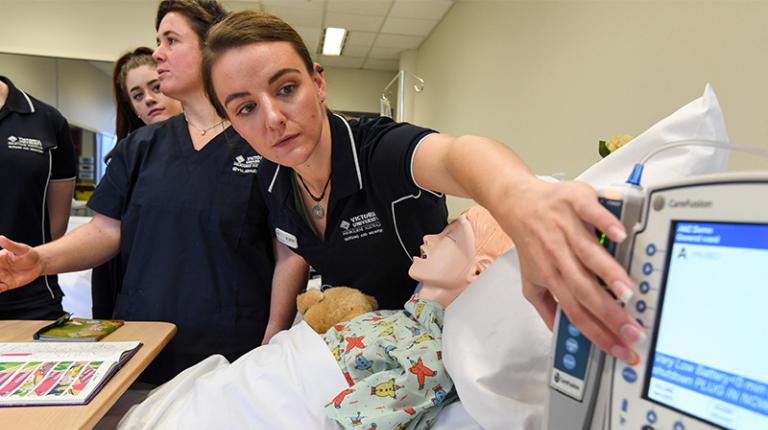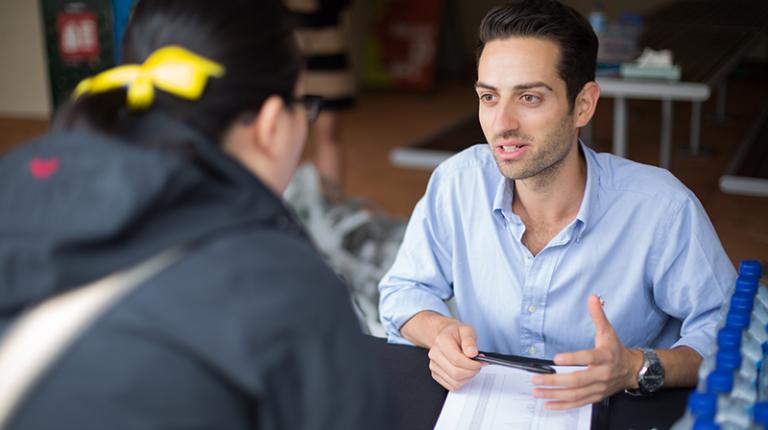Business for speech pathologists is currently strong due to greater awareness of their services and easier access to funding, says Renato Ulpiano, VU Doctor of Business Administration student and co-founder of Ladybug House, a paediatric clinic for children with special needs.
“GPs are becoming more active in assessing early child development delays and are organising referrals to paediatricians earlier. And the National Disability Insurance Scheme (NDIS) is also driving the growth of speech pathology. Over $18 billion per year is now available for disability services – double what was available before the scheme started.”
While supporting people with a communication disability is a large part of a speech pathologist’s job, there is also work in more diverse settings. “Speech pathology is a humble health profession with a big impact,” says Renato. “The differences speech pathologists make extend beyond articulation issues into auditory processing disorders and even Autism Spectrum Disorders.” Professionals who rely on good vocal projection – such as auctioneers, teachers, actors and singers – also seek coaching from speech pathologists in how to use their voices safely.
“I thought speech pathologists only focused on language difficulties, but was pleased to learn they also teach the reading of facial expressions and ‘unspoken’ rules of communication,” says Melbourne mother, Nerida Benoit, whose four-year-old son has just started therapy. “What I wasn’t prepared for was the huge waitlists for speech therapy. It was incredibly difficult to find a clinic with availability. Many had a six-month wait time.”
“Demand for speech pathologists has never been stronger,” Renato confirms. “But it’s such a rewarding career. Progression is dynamic and varied – from working in a children's hospital to private practice or overseas in the non-profit sector. Ask yourself – what would your life be without communication? Then think about the difference you could make to others.”








